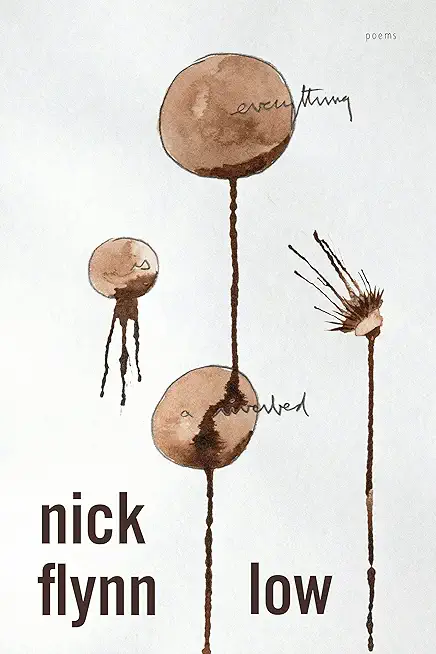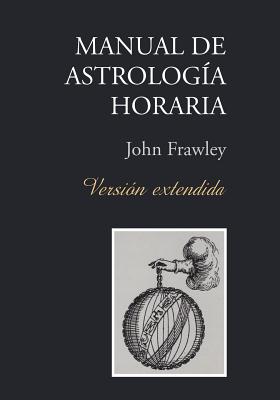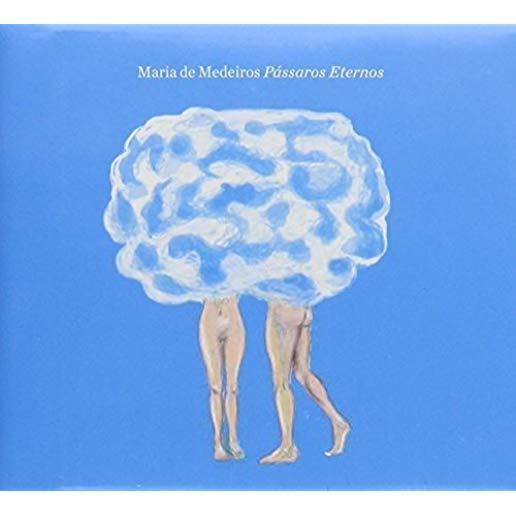
description
s of memory and what is salvageable when the past is broken by loss, violence, and trauma. Punctuating Nick Flynn's signature lyric poems are prose pieces and sequences, veering toward essays, including "Notes on a Calendar Found in a Stranger's Apartment," a truly strange experience of cataloging a deceased neighbor's belongings and how quickly they become worthless; "Notes on Thorns & Blood," a study of time and wounds; and "Notes on a Year of Corona," a loose sonnet crown about the early stages of the pandemic and the unrest after racist police violence. Despite its existential reverberations, Low is a celebration of desire in all its forms--the desire for home, the desire to be held, the desire for people to be kind to one another, the desire to understand where we are from and what we can do to make the best of that. But how do we create a home, these poems ask, in a world of satellites and atom bombs and algorithms, those things designed to dehumanize and reduce us? To get low is to reconnect with the earth, to engage with the emotional state of the planet, to remember that "the cure all along grows beside us." Flynn's collection is a prismatic, even prophetic, experience, with new complexity and ardor at every turn.
member goods
No member items were found under this heading.
Return Policy
All sales are final
Shipping
No special shipping considerations available.
Shipping fees determined at checkout.







